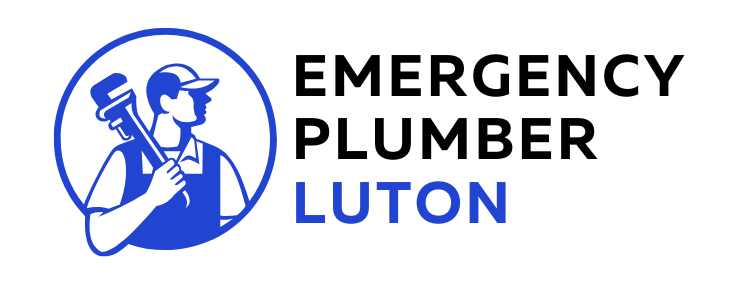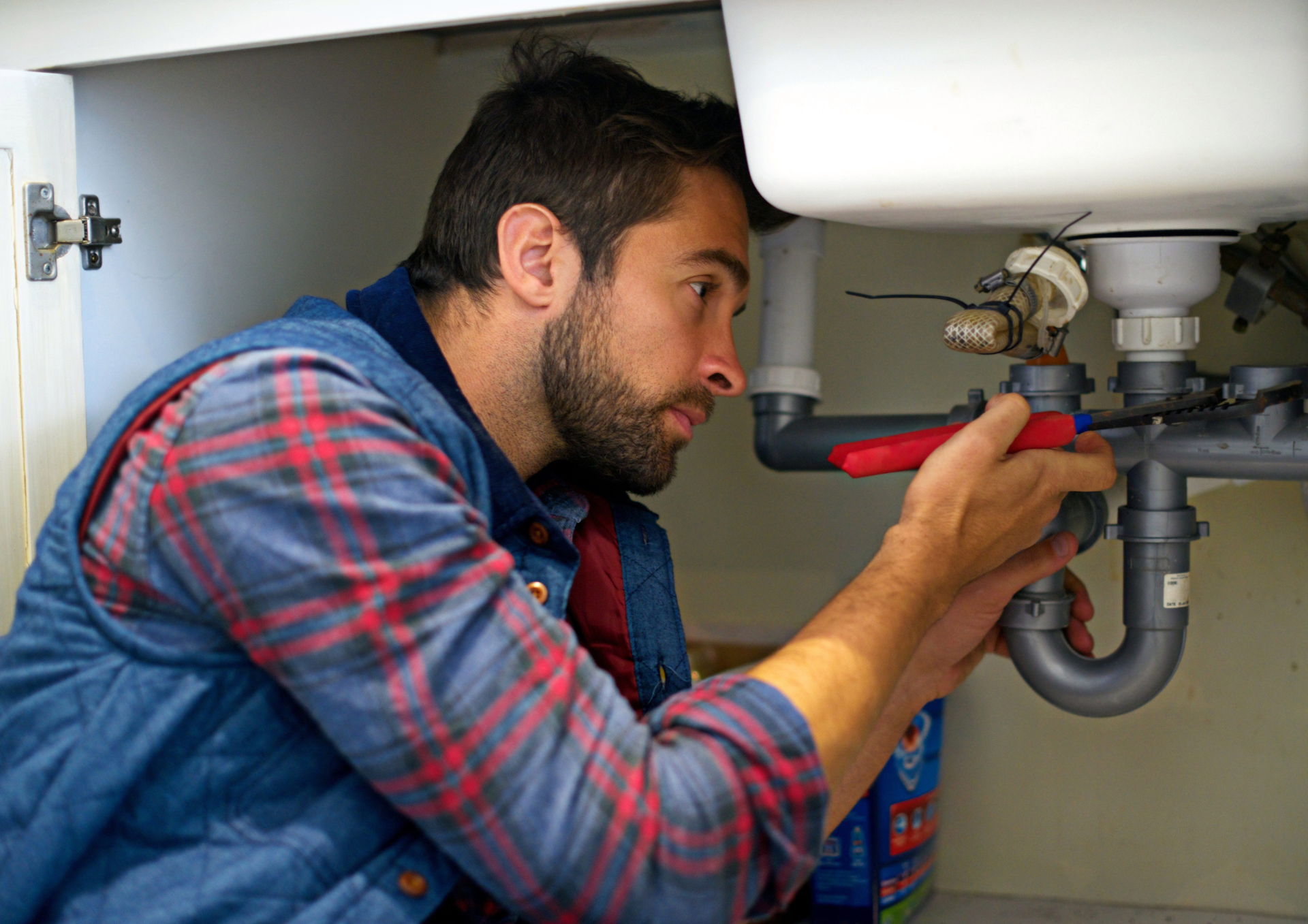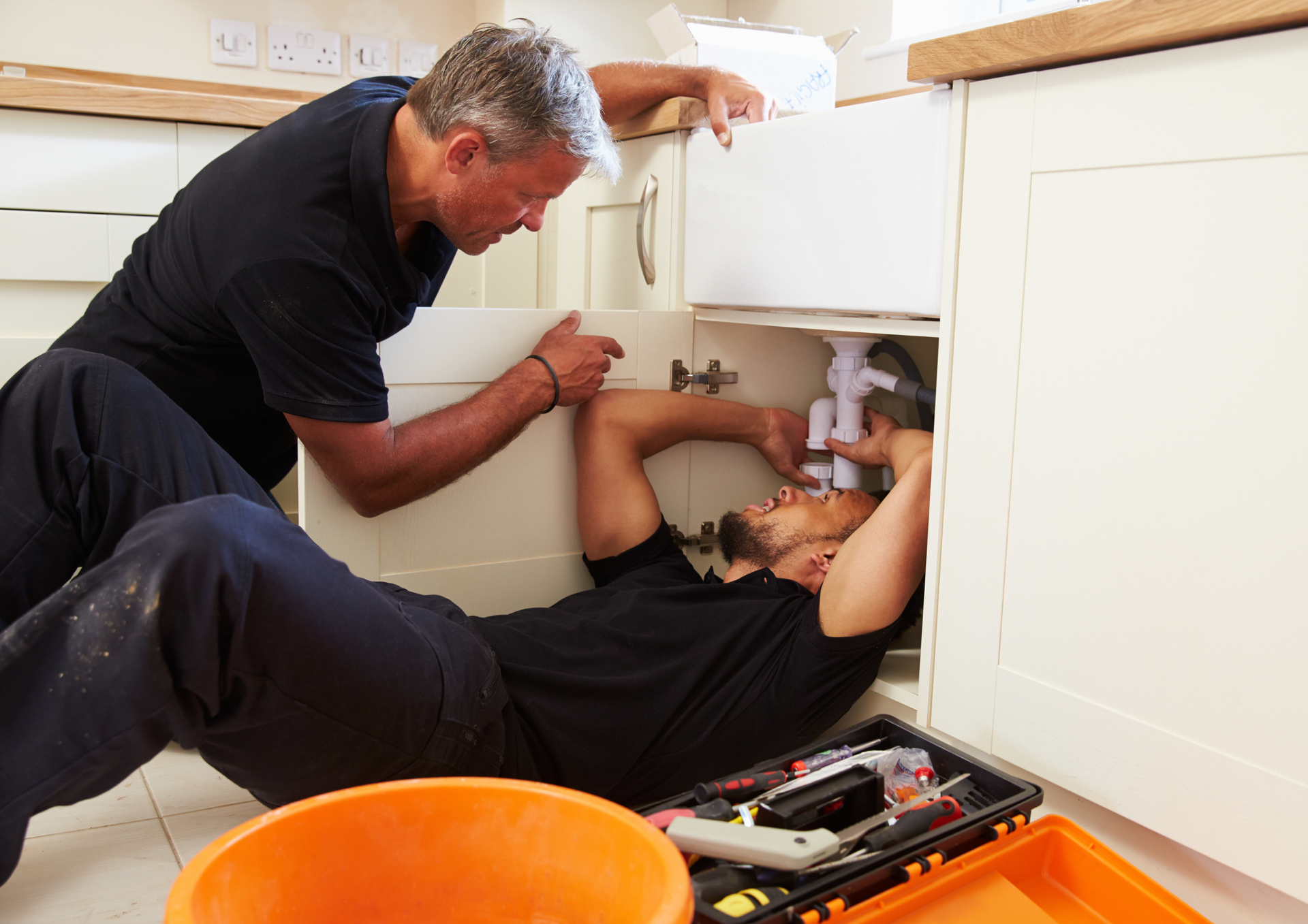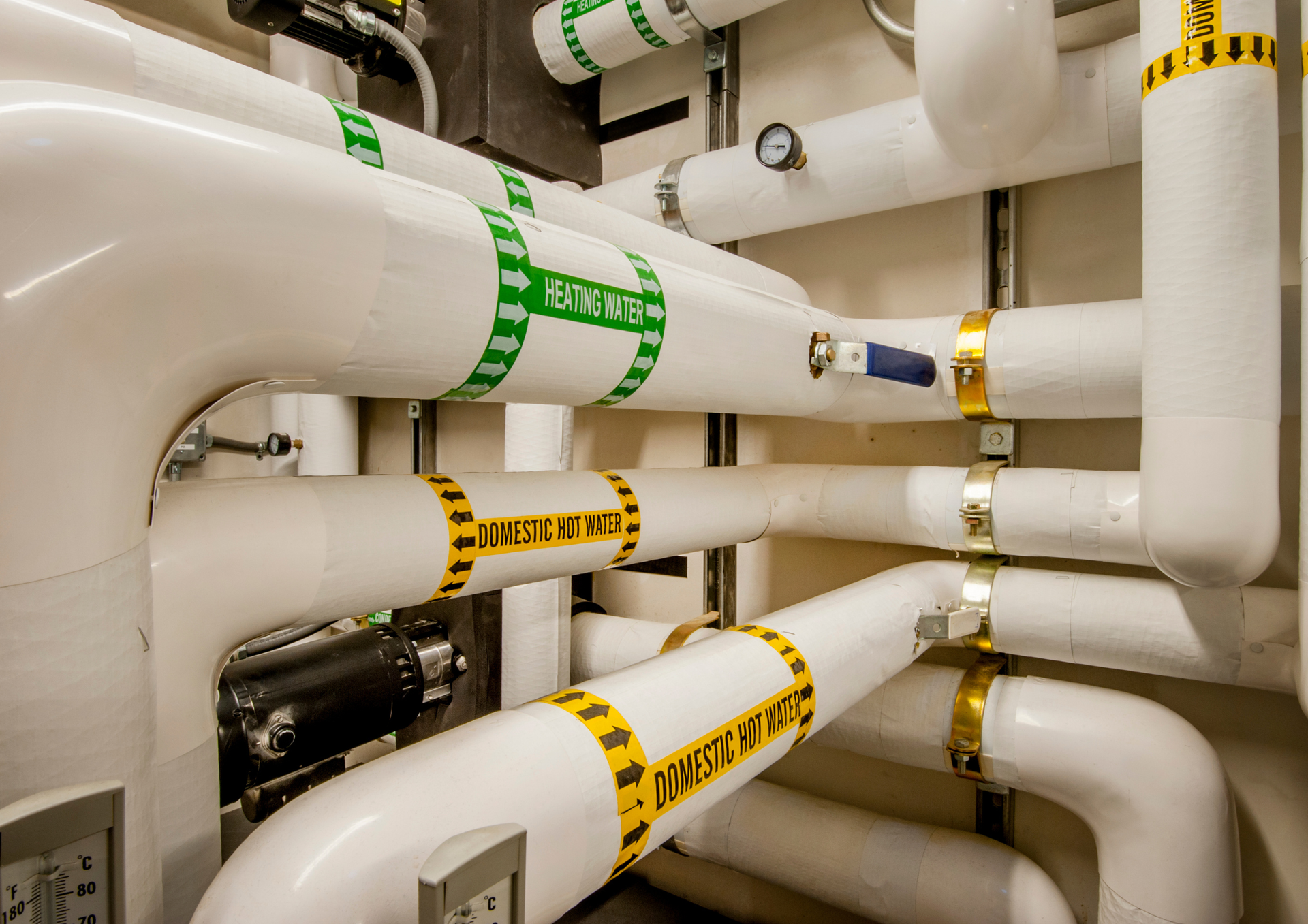How to Clear a Blocked Drain Safely Without Harming Your Pipes
A blocked drain can quickly escalate from a minor annoyance to a serious plumbing problem if not handled correctly. Whether you're a homeowner managing a renovation, a business relocating offices, or a contractor overseeing a construction site, understanding how to tackle a blockage without damaging your pipes is essential.
In this guide, we’ll walk you through safe, effective methods to clear a blockage while keeping your drainage system intact and functioning.
Understand the Type and Location of the Blockage
Before reaching for any tools or solutions, take time to assess the situation. Not all drain blockages are equal, and the source of the problem determines how you should respond. A blocked drain in a kitchen sink, for example, is often caused by fat, oil, and food residue. In contrast, bathroom drain blockages may be caused by hair, soap scum, or toiletries.
Start by identifying where the blockage is occurring — is it isolated to one fixture (like a single sink or toilet), or are multiple drains affected? If several outlets are slow or completely blocked, it could indicate a problem deeper in the system, such as the main waste pipe or an external drainage line.
Pinpointing the blockage helps you avoid unnecessary strain on the entire system. For complex issues, particularly in commercial premises or larger properties, it’s often safer to involve a professional to prevent accidental pipe damage.
Use Natural Solutions First
For minor blockages, natural solutions are often your best first line of defence. These methods are gentle on your plumbing and environmentally friendly. A simple remedy involves pouring boiling water slowly down the drain. This can help to soften and dislodge minor build-ups of grease or soap.
If boiling water alone doesn’t work, try a mixture of bicarbonate of soda and vinegar. Pour about half a cup of bicarbonate of soda into the drain, followed by a cup of white vinegar. Cover the drain and let the mixture fizz for 10–15 minutes before rinsing with hot water. This reaction can break down organic matter and shift smaller clogs without corroding your pipes.
For those searching for drain unblocking near me, local professionals may also offer eco-friendly solutions that are safe for older pipework, especially in heritage properties or buildings with outdated drainage systems.
Manual Tools That Won’t Damage Pipes
If natural methods fail, it’s time to move on to manual tools. A plunger is one of the simplest and most effective tools for minor blockages. Use it over the affected drain and create a tight seal. Pumping up and down can dislodge the blockage through air pressure alone.
For deeper clogs, a plumber’s snake (also known as a drain auger) can be inserted into the drain to manually break up or retrieve debris. Use it slowly and carefully — forcing the snake can scratch or damage the inside of plastic or older metal pipes. Similarly, drain rods can be used for outdoor or large-scale blockages, especially those in commercial or landscaping settings.
Proper technique is essential when using these tools. Never use excessive force — if resistance is high and nothing shifts, stop. This is where untrained attempts often lead to cracked pipes or dislodged joints.
If you’re overseeing a site or event and don’t want to risk damage, it’s best to call in a reliable drain unblocking specialist who understands the local drainage infrastructure and can address the problem with minimal disruption.
When to Use Chemical Drain Cleaners – With Caution
Chemical drain cleaners are widely available and can be tempting to use. However, these products often contain corrosive substances like sodium hydroxide or sulphuric acid, which can damage certain pipe materials — particularly in older or plastic piping systems.
If you choose to use a chemical product, read the label carefully and ensure it’s suitable for your plumbing type. Always use the smallest recommended amount, and never mix different chemicals — doing so can cause dangerous reactions.
Ventilate the area well and wear gloves and eye protection. Rinse the drain thoroughly after treatment. If the blockage remains after one attempt, do not keep repeating the process. Overuse of chemical cleaners can wear down pipe interiors, leading to leaks or complete failure over time.
It’s wise to avoid these products in households with children or pets, or in food preparation areas. Instead, seek professional input if you’re unable to clear a clogged drain using safer methods. They’ll have access to more advanced, pipe-safe cleaning technologies.
Preventing Future Blockages
Once the blockage is cleared, prevention should be your next priority. Routine maintenance goes a long way in avoiding repeat problems. For households, avoid pouring fats or oils down the kitchen sink. Use strainers to catch food scraps, hair, or other debris before they enter the drainage system.
For businesses or construction teams, implement waste disposal protocols that prevent rubble, concrete, or grease from entering the drainage system. If your operations include significant water usage, invest in grease traps or filtration systems to protect your plumbing.
Regular professional inspections, especially after major cleanouts or construction projects, can highlight potential issues before they escalate. For those in sectors such as landscaping or event planning, schedule drain checks after each large-scale job to ensure no waste material has entered the system.
When to Call a Professional Drain Unblocking Service
Sometimes, no matter how careful you are, a blockage will need professional attention. If you notice recurring slow drainage, foul odours, water backing up in other fixtures, or gurgling sounds, it may be a sign of a deeper or more serious issue.
For businesses managing office relocations or renovations, fast and reliable help is essential to avoid project delays. Likewise, event organisers need a quick response to keep venues safe and operational.
Searching for someone to unblock drainage in these situations should lead you to a service that offers 24/7 availability, transparent pricing, and experienced technicians who won’t compromise your pipework.
Whether it’s a domestic blockage or part of a larger infrastructure, trusted experts can safely identify the issue using CCTV surveys or high-pressure water jetting. These solutions clear the blockage effectively without causing structural damage to your drainage system.
Clearing a blocked drain doesn’t need to be stressful — but it does need to be done carefully. Start by identifying the blockage, use natural remedies where possible, and move on to manual tools only when safe. Chemical cleaners can be effective but must be used sparingly and with caution. Most importantly, know when to stop and seek help from a professional.
At Emergency Plumber Luton, we understand how disruptive and frustrating drainage issues can be. That’s why we offer fast, dependable services for residential, commercial, and construction-related plumbing emergencies — any time of day or night.
Our experienced team is trained to handle everything from domestic kitchen clogs to complex commercial drainage problems. We prioritise safety, professionalism, and long-term solutions, ensuring your pipes are protected throughout the process. Whether you’re dealing with an emergency or just want to prevent future issues, we’re ready to assist — wherever you are.
Don’t miss it on X:
Blocked drain? Here’s how to unblock it safely without damaging pipes!



